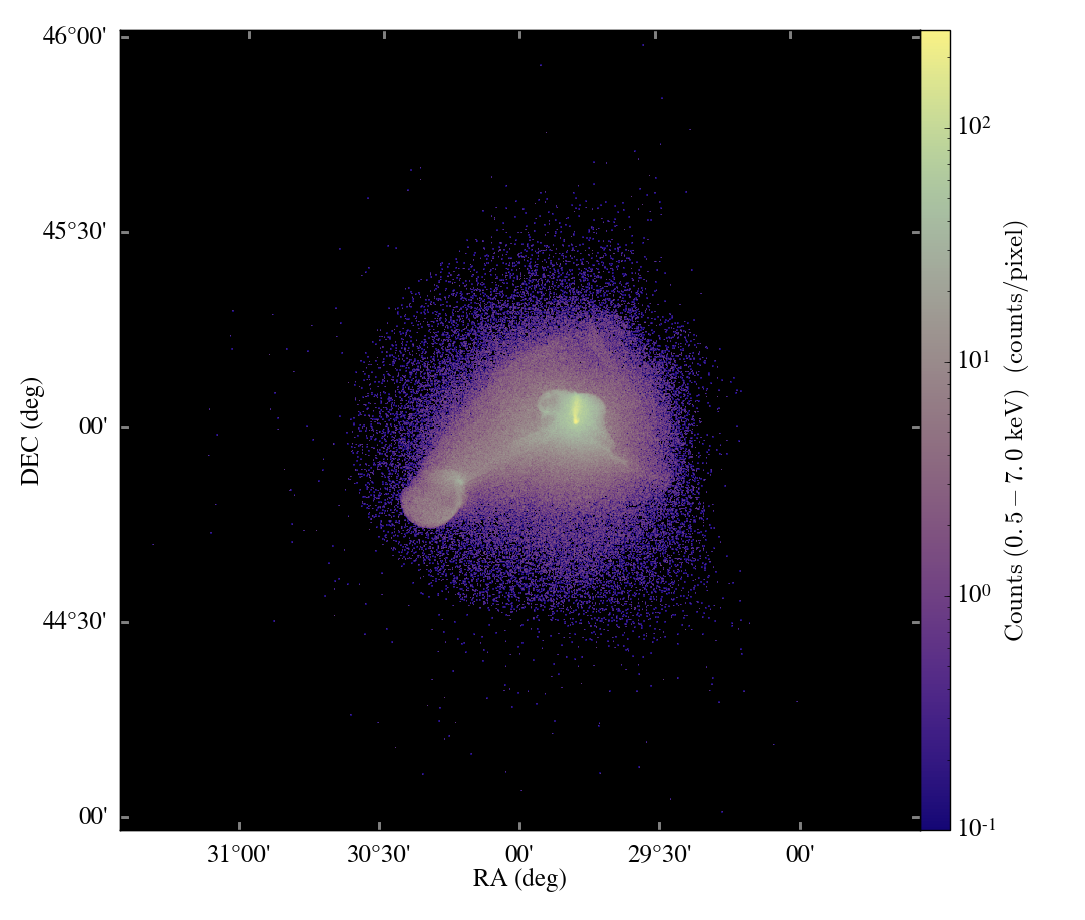I am very excited to announce the yt Hub: http://hub.yt-project.org/.
The yt Hub is a gathering place for all things related to running, analyzing, and presenting astrophysical simulations. Once upon a time, we had the Enzotools Barn, which was a place to share Enzo scripts unrelated to yt, including hosting of those scripts. The Barn was a minor success, but had a very limited scope and a somewhat clunky user experience.
Now we have the yt Hub, where users can submit externally- hosted projects in a variety of categories:
- yt scripts
- Analysis and visualization tools and utilities
- Simulation and data management
- Scripts for making figures from published papers
- News and announcements
- General astrophysical utilities
Users can create their own accounts and share anything they’ve created that might be useful to others. Currently, the preferred submission method is to create a repository on bitbucket.org and then submit the link to that. If you would like to host the repository for your contribution somewhere else, that’s fine, too. The forthcoming 2.2 release of yt will include a utility for automating the creation and uploading of a bitbucket.org repository as well as submitting that repository to the Hub.
In addition, users may also subscribe to email announcements, in which they will receive an email with any new submissions from the previous day.
Please, come check it out and contribute. The site is brand new, so feel free to send feedback if you encounter any oddities or think of improvements. The primary goal of yt has been to create a common analysis language for computational astrophysicists coming from different simulation codes. We hope that the yt Hub will serve as the meeting place for the conversation.





